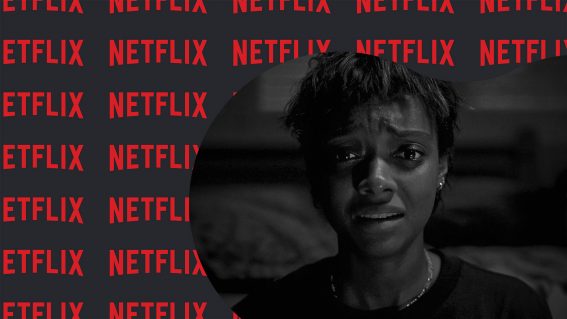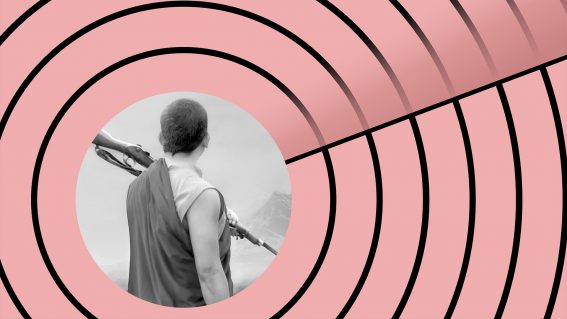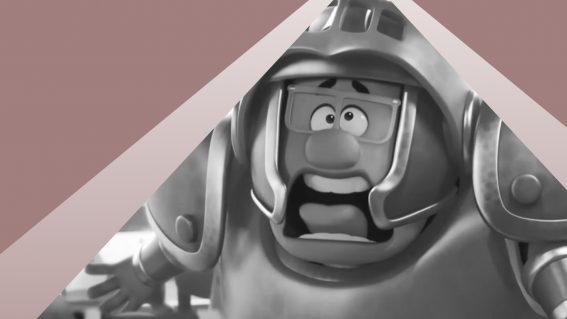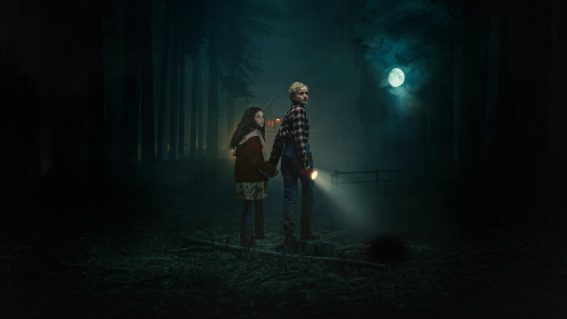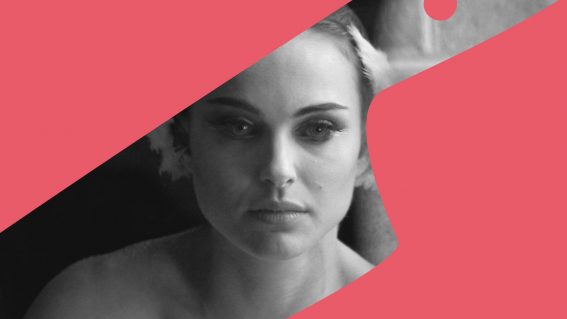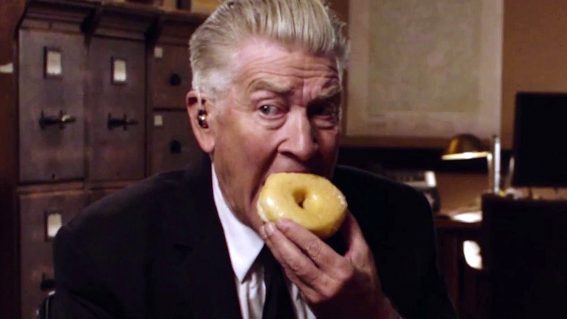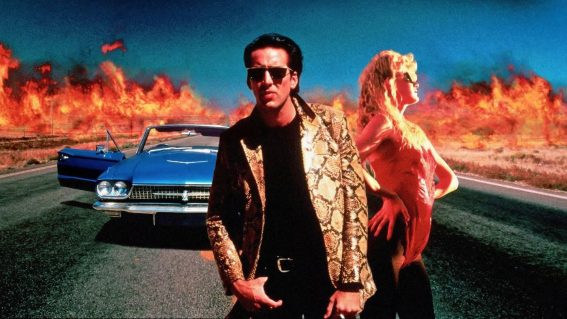Hacks is a Gen Z Mrs Maisel, mining difficult characters for big laughs
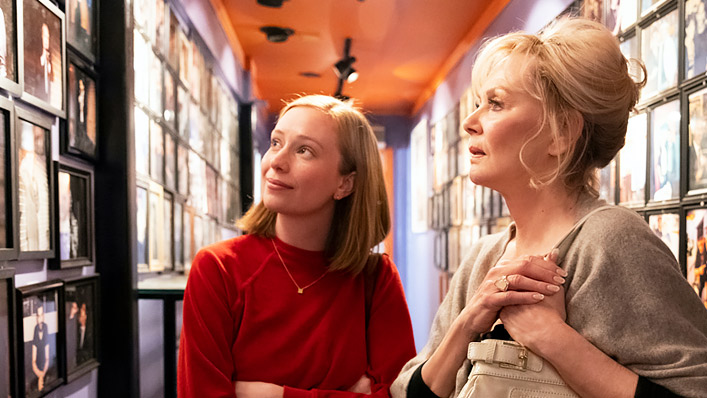
Travis Johnson stands up for Hacks, a new Stan comedy with a “merciless tone all of its own”. Here’s what makes the show so hilarious, from strong central characters to biting dialogue.
The generation gap has been mined for laughs—often poorly—since Adam couldn’t understand why Caine went vegetarian. There’s a cranky, common-sense elder who isn’t quite as in touch as they should be, a flustered, put-upon youngster juggling the demands of the modern world with their duty to their dad/mum/grandparent/boss (delete as applicable), a lot of meeting-in-the-middle plot resolutions. It’s a safe zone for easy laughs.
See also
* All new movies & series on Stan
* All new streaming movies & series
Hacks doesn’t do easy laughs. Hacks doesn’t do easy characters. The series picks as its field of play not just the generation gap, but the generation gap within comedy. On the one hand, we have ageing comedy legend Deborah Vance (Jean Smart), who has racked up thousands of Vegas residency shows running the same schtick, but whose audiences are starting to dwindle.
On the other, there’s Gen Z comedy writer Ava Daniels (Hannah Einbinder), recently cancelled because of a thoughtless tweet and unable to get work in L.A. Deborah needs fresh material. Ava needs a job. Cue the theme from The Odd Couple.
Except it’s not as simple as that, and thank God. Creators Lucia Aniello, Paul W. Down, and Jen Statsky (all veterans of Broad City) smartly balance the books by making Deborah and Ava equally insufferable. Deborah is insanely rich, arrogant, prickly, closed off, imperious. Ava is entitled, conceited, self-pitying, reckless, pretentious. Each are convinced of both their own rightness and of being the smartest person in any given room, which is a lot of fun when they’re alone together. Savage verbal barbs fly nonstop from the opening credits to the closing. It is, mark my words, hilarious.
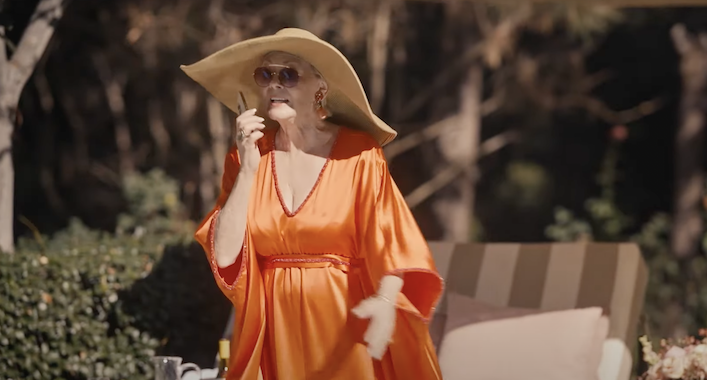
And perhaps that’d be enough, and in an earlier comedy age it absolutely would have been, but Hacks is interested in the mechanics of comedy and the changing face of comedy culture—what was allowable back in the day that is no longer acceptable now? How have jokes, the fundamental building blocks of comedy, changed? What is legacy, and does it still have meaning when it’s rooted in humour that no longer passes muster? At one point Ava cautions Deborah that people no longer think it’s acceptable to make fun of others’ physical appearance. “Yeah, ugly people,” Deb shoots back.
Other characters orbit around our main pair, such as their unctuous mutual manager, Jimmy (Paul W. Downs); Deborah’s selfish daughter, D.J. (Kaitlin Olson); Deborah’s assistant, Marcus (Carl Clemons-Hopkins); and casino boss, Marty (Christopher McDonald), but the focus is kept pretty tight on the interplay between Ava and Deborah. Jean Smart, a comedy treasure for ages now, is superbly arch as the comic doyenne, but on balance Hannah Einbinder has the harder part, investing Ava with a raft of character flaws and hypocrisies without ever sliding into “millennials, amirite?” cliché.
As noted, the real star of the show is the dynamic between the two leads. Redemption is probably not on the cards here, and neither is self-awareness, but mutual understanding might be—each can recognise the other, especially their flaws, although they might never realise they’re looking at a mirror. If nothing else, they’re both locked into the sheer grind of professional comedy. Hacks, as indicated by its title, is deep into exploring the grunt work of making people laugh: the laborious writing and refining of gags, the nightly performances, the hustle, the endless rejection, all driven by…well, if comedians knew, they wouldn’t be comedians, they’d be well-adjusted people.
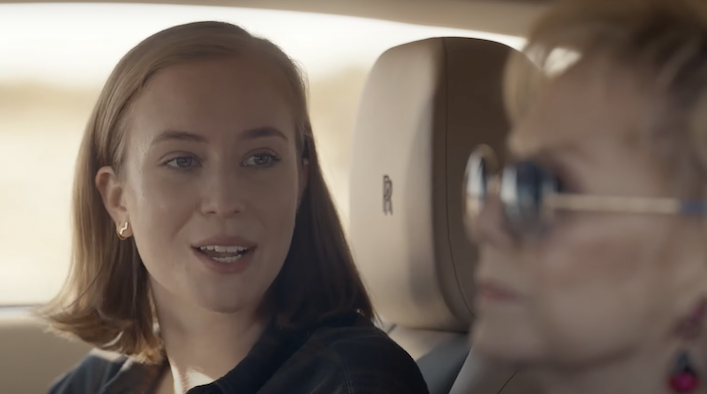
It’s not the first work to dig into that—Amy Sherman-Palladino’s The Marvelous Mrs Maisel is the high watermark, while Judd Apatow explored this territory with Seth Rogen and Adam Sandler in Funny People, and back in the day Sally Field and Tom Hanks did similar in Punchline. Hacks, however, has a kind of merciless tone all of its own. It actually doesn’t seem to like its characters much, and it doesn’t go out of its way to make us like them either. It understands them without forgiving them, and that’s the toughest joke to land.


